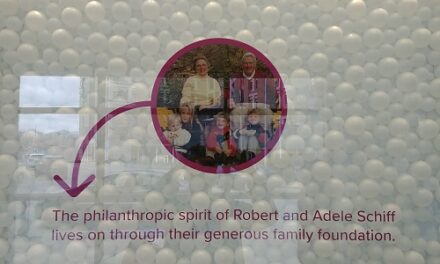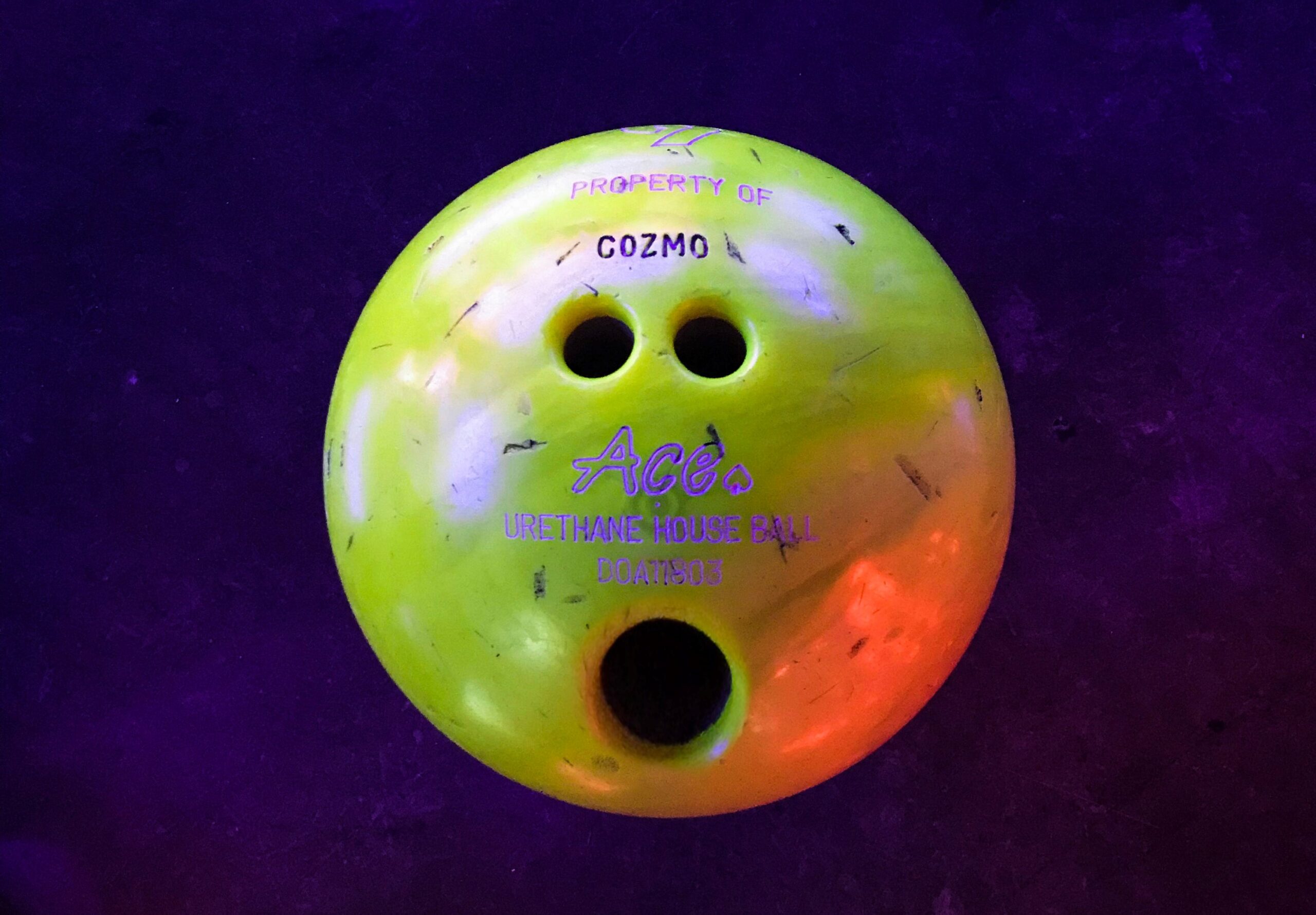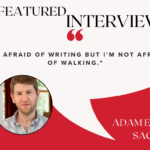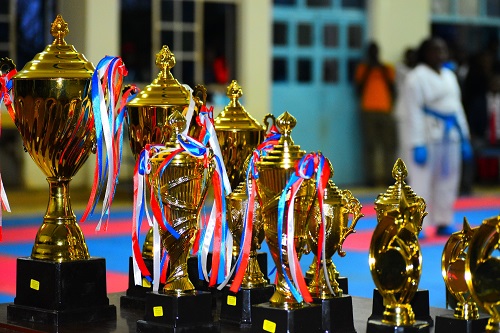
Winners of the Fifteenth Annual Robert and Adele Schiff Awards
Jay Sibara for his essay “Adam’s Rib: Trans without Medicine”
chosen by Kristen Iversen
R. Hunter Whitworth for his story “Sarcophagus”
chosen by Michael Griffith
Abigail McFee for her poem “Entrails”
chosen by Rebecca Lindenberg
We’re thankful to all of you that entered the contest—it was a joy to read your work. McFee, Sibara, and Whitworth will each receive a $1,000 prize, and their pieces will appear in the Spring 2024 issue of The Cincinnati Review. Read more below about how their pieces came to be.
We’d like to thank Taylor Byas, Holli Carrell, and Hassaan Mirza for their assistance during this year’s contest period. We also want to recognize all the honorable mentions:
River Adams
Grace Chao
Hana Choi
Renee Flory
Claire Gochal
Diane Gurman
Luisa A. Igloria (see below)
Aziza Kasumov
Peter Kessler
Caitlyn Kinsella
Erin O’Luanaigh
Adrienne Pilon
Cameron Shenassa
Maureen Stanton
Avia Tadmor
“Adam’s Rib: Trans without Medicine” by Jay Sibara
Literary Nonfiction Editor Kristen Iversen: Stunning in its searing honesty, beautiful in its lyricism and thoughtful understanding, “Adam’s Rib: Trans without Medicine” is an essay that explores not only questions of body and identity but truly what it is to grow and be present in one’s own life.
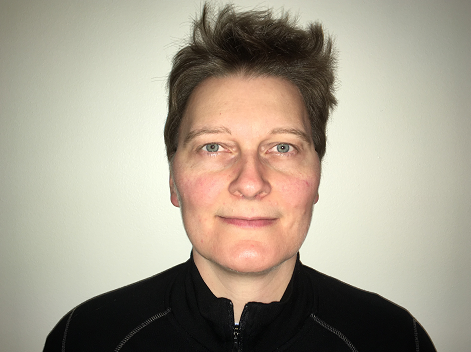
Sibara on their winning essay: I drafted the first paragraphs of “Adam’s Rib: Trans without Medicine” nearly a decade ago, soon after I came out as trans, during a three-day creative nonfiction workshop. From those early jottings, it took many years more and a lot of experimentation to figure out which personal and family stories most belonged in this piece, how to weave them together, and how to pace the unfolding narrative. The “outtakes” from that long process have become seeds for other essays in a book-length collection I am now writing that opens with “Adam’s Rib.” Although my academic job did not leave much time or space to actually write and edit this piece, it did give me the opportunity to read and reread a lot of other works—by writers including Gloria Anzaldúa, Eli Clare, Kristen Iversen, Audre Lorde, and Maggie Nelson—that inspired mine both in content and form. These writers, alongside those in the emerging fields of crip-of-color and trans-of-color critique, challenged me to think anew about the experiences of medicalized violence I sought to tell as a White trans disabled writer, and provided guidance on how to navigate the increasingly hostile political climate into which I was writing: I felt a particular responsibility in writing my story of refusing medical transition to not inadvertently fuel the fire of anti-trans legislators seeking to prohibit young people from accessing gender-affirming medical care.
Jay Sibara (he/they) is an associate professor of women’s, gender, and sexuality studies at Colby College. His writing has appeared most recently in Literature and Medicine and Moss: A Journal of the Pacific Northwest. He lives on the island Pesamkuk in unceded Wabanaki territory.
“Sarcophagus” by R. Hunter Whitworth
Fiction Editor Michael Griffith: We very much liked the mix in R. Hunter Whitworth’s “Sarcophagus” of humor and a sneaky poignancy about old age and its travails. What appealed most of all, though, is that this is a brief story full of surprising narrative shifts and feints; I never quite knew where it was going next, but I was always happy to follow. There’s a special pleasure in fiction that feels no need to explain itself, that keeps the reader teetering on the brink between orientation and disorientation . . . and then, by way of sheer narrative confidence, makes you think that’s exactly where you want to be.
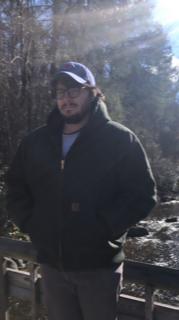
Whitworth on his winning story: The germ for this story comes from an experience I had as a senior in high school. I was in a play and had to ride out to the local university theater to pick up a prop sarcophagus my school was borrowing. It was me and a history teacher in the truck, and on the way back we were caught in traffic for close to half an hour, with a sarcophagus strapped to the back, and “Pinball Wizard” by The Who came on the radio. The teacher looked at me and said something like “This is a pretty surreal moment, to be riding around with a student listening to The Who and transporting a giant, fake, decorative coffin.” As twenty or so years went by, it always seemed like a moment that a story could be built around.
I teach now, at the same school that I brought that sarcophagus back to. My classes deal a lot with mythology, and there is a Welsh collection called The Mabinogion that deals with the concept of the Otherworld, through which characters pass, often accidentally. That other world and the appeal it might have to a young narrator dealing with a loss also appealed to me.
I like past-tense stories that have the narrator’s memory as a part of the reality of the story as well, in particular a story by J. D. Salinger called “The Laughing Man” and a story called “The Second Bakery Attack” by Haruki Murakami. A lot is happening in those stories, but even more is happening beneath the surface of the narrators’ perception of things.
R. Hunter Whitworth lives in Raleigh, North Carolina, with his wife and daughter, where he teaches and coaches JV Football. He is a graduate of Furman University and holds an MFA in fiction from the University of Alaska Anchorage. His short stories have appeared in the Chicago Quarterly Review, Dappled Things, Across the Margin, and the Threepenny Review.
“Entrails” by Abigail McFee
Poetry Editor Rebecca Lindenberg: This poem addresses, with a lot of grace, the primal connections of humans to one another, our stories, and the spaces through which we journey with them. And it must be said, the unique voice in these poems [McFee’s poem “Pelvis with the Distance” will also appear in the contest issue], as ephemeral as that idea of “voice” can be, shines in its sense of presence and well-paid attention to both the mundane and the arresting. In these lines, there’s beauty and decay, there’s trauma and a kind of stoicism, there’s love and sorrow—this poem grapples with the world in a capacious and interesting way. Both imagistic and rhetorical, both personal and language-oriented, these lines find within them a balance of control and surprise that is both evocative and contemplative—not an easy chord to find. As stark as some gestures are, the poem still often feels delicate in its mindful commitments to the moment it finds itself in. This pieces gives a great deal in both reading, and rereading.
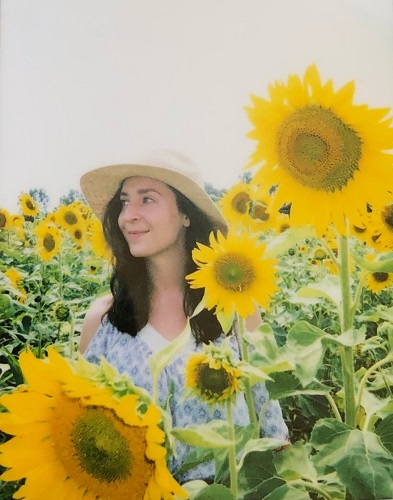
McFee on her winning poem: This poem became a landscape I would enter and reenter, over the course of a few years, to ask the questions I couldn’t answer in my life. I was struck by the definition of entrails as “the innermost part of something”—this helped me think about both intimacy and harm. It made me realize I began, not just figuratively, as part of my mother. “Innermost part” also gave permission for a system of images to arise—fistulas in cows, a gas tank—alongside the pelvis, which has been an obsession of mine for a long time because of my love of Georgia O’Keeffe. At the heart of writing the poem was the question of how to reveal harm without recreating it. I knew I wanted “Entrails” to be strung together from segments that were sonically and emotionally compact. I hoped that would make space for connections to emerge. I’m so honored that this poem, which is privately dear to me, has found a generous home in The Cincinnati Review.
Abigail McFee holds an MFA in poetry from the University of Michigan, where she was the recipient of a Hopwood Award in Poetry and the Theodore Roethke Prize. Her manuscript was a finalist for Milkweed Editions’ 2023 Ballard Spahr Prize. Abigail’s work appears in Wildness and is forthcoming in Copper Nickel. Find more at www.abigailmcfee.com.
Rebecca Lindenberg also wanted to recognize runner-up Luisa A. Igloria for “Myths: A Sonnet Crown” (which will be appearing in our spring issue as well): This remarkably, ambitious project is splendid with virtuosity in its language, movement, and scope. It is a wonderfully innovative example of the possibilities of the crown of sonnets as a form, and its linguistic flourishes feel, at their best, effortlessly insightful. Again and again, the reader has the opportunity to experience a thrill of a “new recognition,” one of the things we often seek from poems. And the pacing, which somehow manages to have both momentum and operatic variation, is really a meaningful artistic feat. This is a piece of great artistic accomplishment, and I look enormously forward to seeing more work from this artist, who clearly has vision, artistry, and determination. I am an admirer.
To order the prizewinning issue (due out in May), check out our subscription options.


